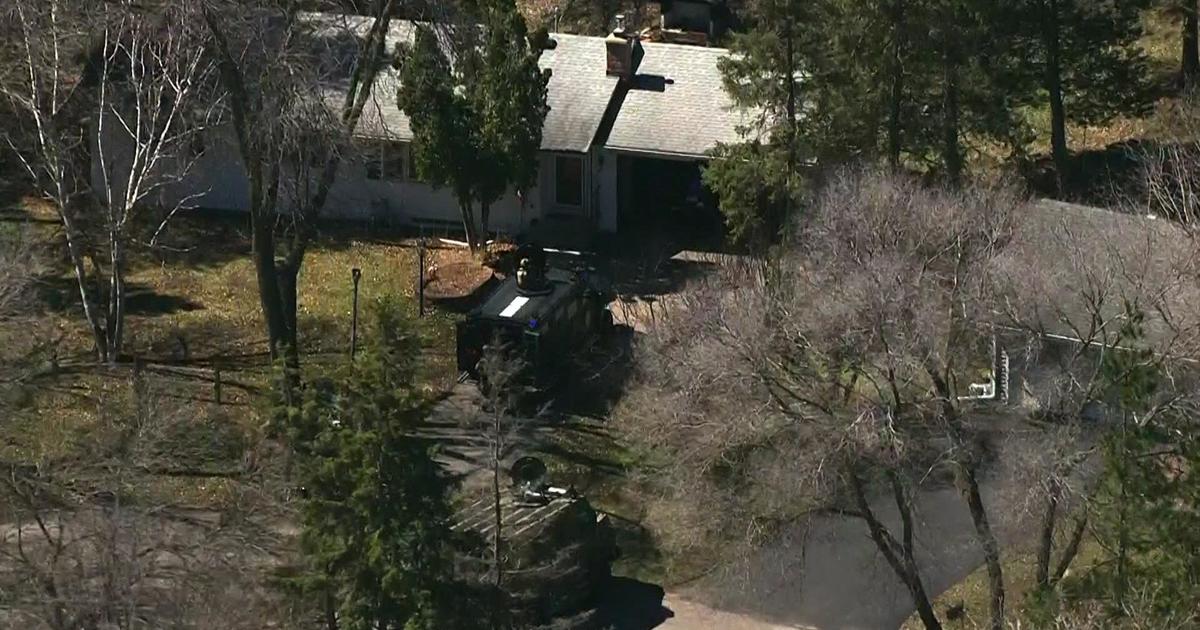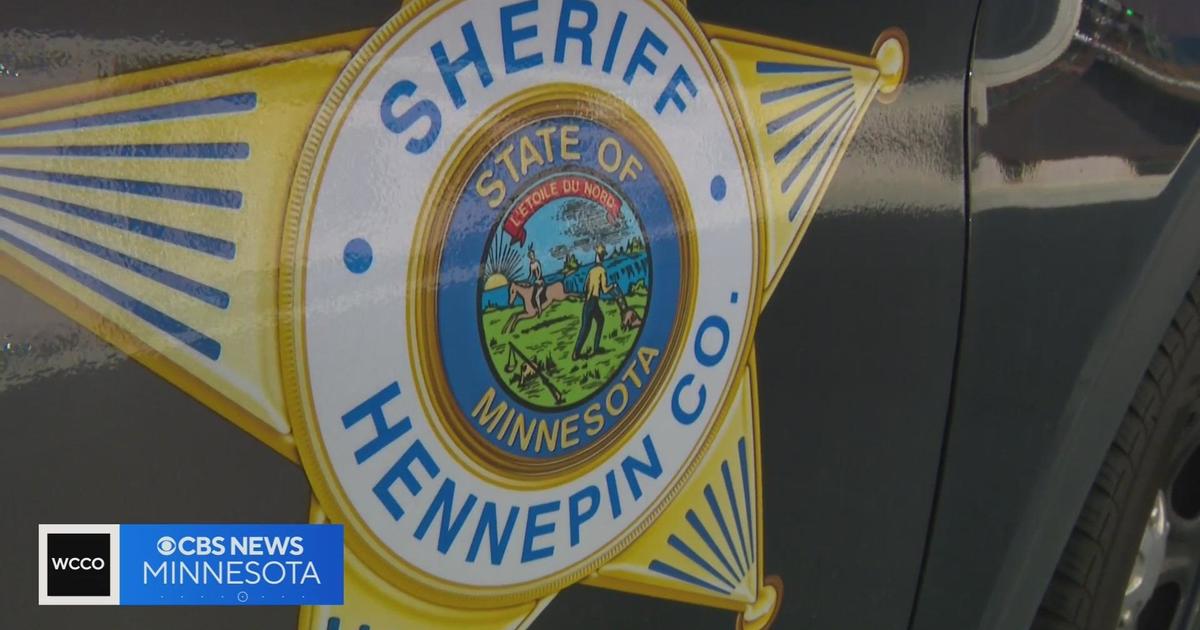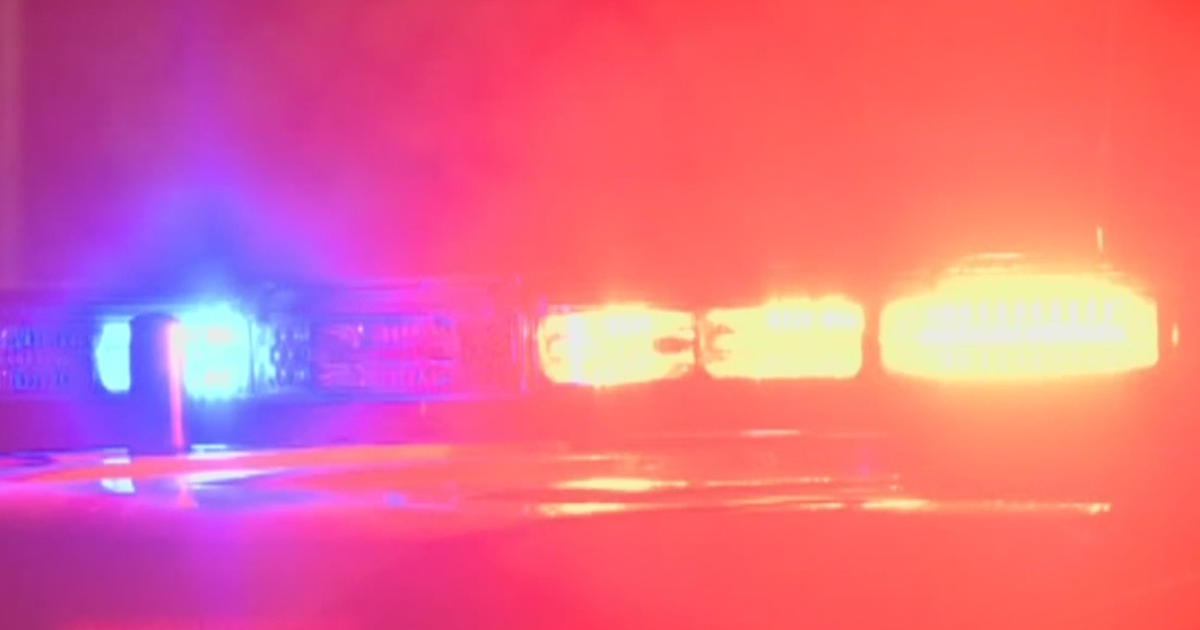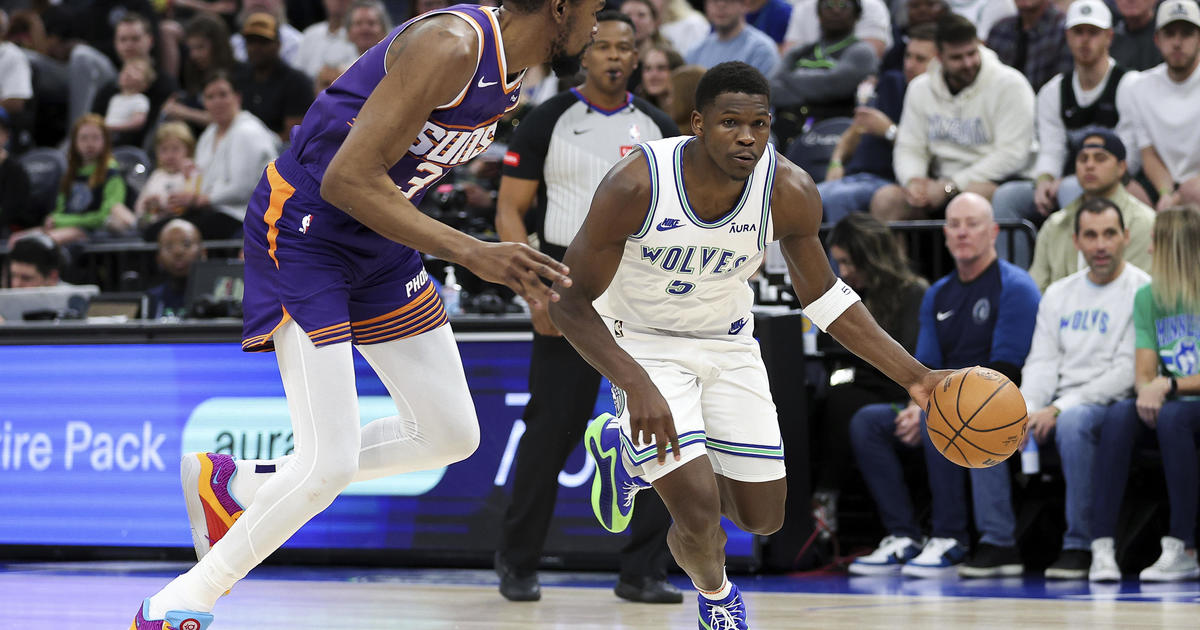"Safe Spaces" offers lifeline to human trafficking, abuse victims in Hennepin County
MINNEAPOLIS -- A new pilot program in the heart of the Twin Cities is offering a lifeline to victims of human trafficking and abuse.
"Human trafficking happens every day in our community and it's important we provide means of communication to those victims when they are ready to ask for help," Senior Administrative Manager Liudmila Trandafilava said.
In October of 2021, Trandafilava vividly recalls a day when she walked into work at the Hennepin County Government Center and saw a man gripping the hand of a woman who appeared to be in distress.
"When I saw her hand, that was terrifying. And terrifying to walk away not knowing what I should do," she said.
A year later, she helped launch a pilot program called "Safe Spaces."
"Often, the bathroom is the only safe space the victim has where they can get a breather or a couple minutes to themselves," she said.
There is now a phone the bathrooms of four county buildings that when picked up, is immediately connected to the Security Operations Center. The stalls also have flyers that ask questions helping people identify if they are a victim of human trafficking or abuse.
"The suggestion was to ask very direct questions. Do you trade sexual favors for your basic needs?" Trandafilava said.
The flyer is in multiple languages and has pull tabs that can be given to any county employee to discreetly alert them they are in need of help. So far, Trandafilava says they've trained more than 1,000 employees on how to best respond and provide short and long term resources to the person in need.
"The blue strips for confidentiality purposes don't have anything on them. In case abuser sees the slip later they don't know exactly what it's for," she said.
Linnea Lindeman said survivors played a critical role in creating the program.
"We really wanted the survivors and those with lived experiences to guide the process and know what they would do if they were in that situation and walked into the bathroom and saw that sign, what would make them feel the safest and what would actually push them to pick up the phone or take that slip," Lindeman said.
Since the program launched in October, they've received 17 calls.
Safe Spaces can be found in the men's and women's bathrooms at the Government Center, Minneapolis Central Library, Health Services Building and South Minneapolis Human Service Center.
Trandafilava hopes other entities will implement similar initiatives. Anyone interested in learning more is encouraged to email her at Liudmila.Trandafilava@hennepin.us




